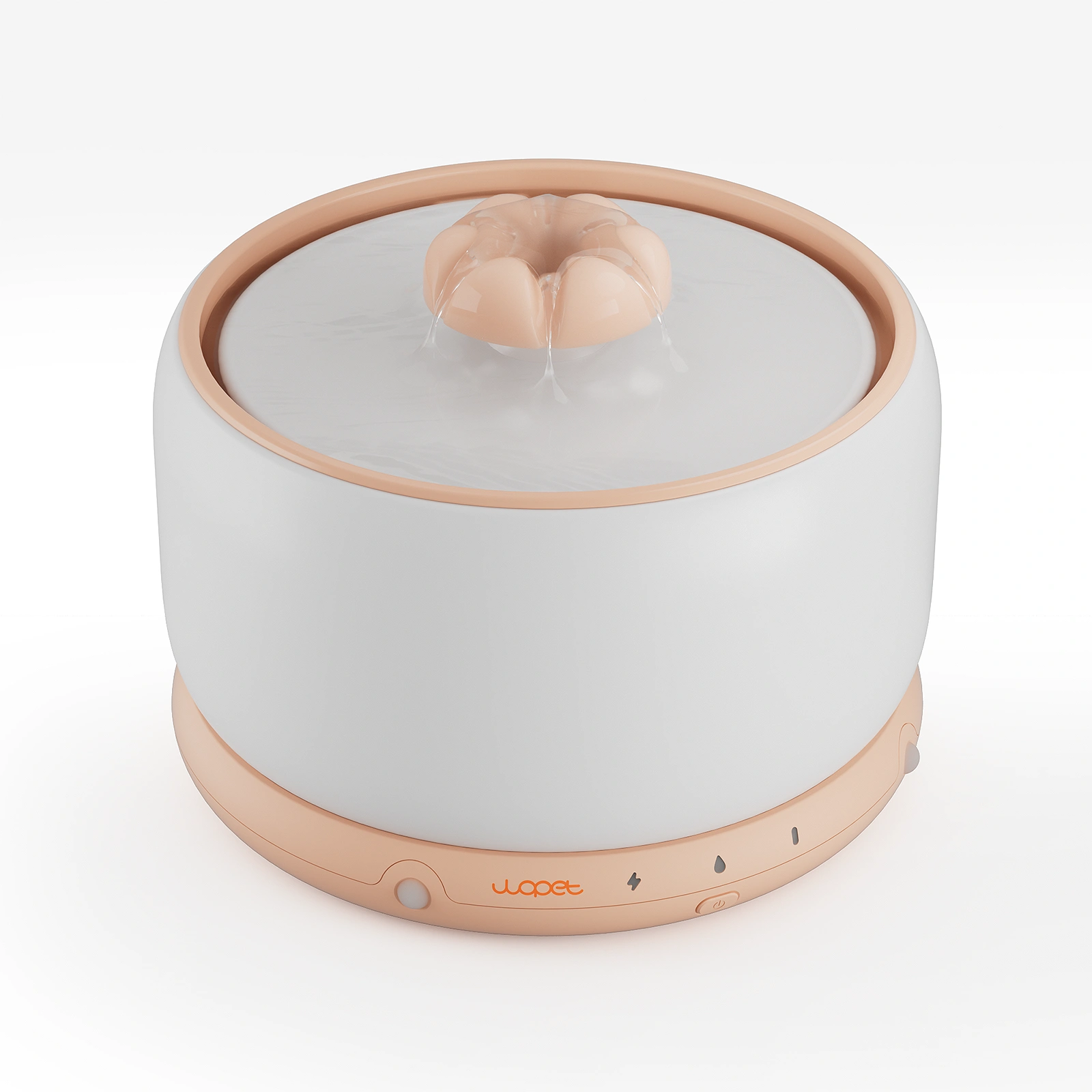
Les accessoires pour les chiens et les chats sont bien plus qu’une simple mode ; ils jouent un rôle crucial dans leur bien-être et leur confort au quotidien. Que ce soit pour les promenades, les moments de jeu ou même pour décorer l’espace où ils vivent, les accessoires sont devenus indispensables pour de nombreux propriétaires d’animaux. Ces objets sont conçus non seulement pour répondre aux besoins pratiques de vos compagnons à quatre pattes, mais aussi pour renforcer le lien entre vous et eux. Parmi les accessoires les plus populaires figurent les colliers, les laisses, les harnais, les paniers et les jouets. Chacun de ces articles doit être choisi avec soin pour garantir la sécurité et le confort de l’animal.
Le collier est un des Gamelle chat personnalisable les plus populaires et nécessaires pour les chiens, et il peut aussi être utilisé pour les chats, surtout ceux qui sortent souvent. Son rôle principal est d’identifier l’animal, notamment avec une médaille portant les informations du propriétaire. Il existe une large gamme de colliers, allant des modèles basiques aux plus élaborés, certains incluant des LED pour la visibilité nocturne. Les matériaux varient entre cuir, nylon, coton, et même des options écologiques pour satisfaire les préférences des animaux et de leurs maîtres.
En ce qui concerne les laisses, elles sont essentielles pour les promenades des chiens. Certaines laisses sont réglables, permettant au propriétaire de contrôler la longueur de la laisse et, par conséquent, la liberté de mouvement du chien. Les laisses rétractables, par exemple, offrent une grande flexibilité tout en permettant au propriétaire de maintenir un certain contrôle sur son animal. Pour les chats, bien que moins courantes, il existe des laisses spécialement conçues pour permettre aux félins d’explorer l’extérieur en toute sécurité, ce qui est idéal pour les chats d’intérieur qui souhaitent prendre un peu d’air frais sans se perdre.
Les harnais sont également des accessoires populaires pour les chiens, en particulier pour ceux qui ont tendance à tirer sur leur laisse. Un harnais bien conçu offre un meilleur contrôle et évite les blessures au cou de l’animal. Il existe des harnais pour chaque type de chien, que ce soit pour les petites races ou les plus grandes, et chacun est conçu pour répartir la pression de manière uniforme, ce qui rend les promenades plus confortables. Pour les chats, les harnais sont un peu plus délicats, mais ils permettent de sortir en toute sécurité. De plus, certains harnais pour chats sont également conçus pour être portés à la maison, offrant ainsi une meilleure sécurité lorsque l’animal est seul à l’intérieur.
Les paniers et lits sont d’autres accessoires indispensables. Chaque chien ou chat mérite un endroit confortable pour se reposer et se détendre. Les paniers, coussins ou lits orthopédiques aident à soutenir les articulations des animaux plus âgés ou ceux souffrant de douleurs. De plus, ces accessoires peuvent être choisis en fonction des préférences de l’animal, qu’il aime se blottir dans un endroit douillet ou s’étendre en toute liberté. Les paniers et lits sont également disponibles dans une variété de tailles, de formes et de matériaux pour s’adapter à votre décor intérieur tout en répondant aux besoins de votre animal.
Les jouets jouent un rôle fondamental dans le quotidien de nombreux chiens et chats. Non seulement ils stimulent leur activité physique et mentale, mais ils aident également à lutter contre l’ennui, un problème courant chez les animaux laissés seuls longtemps. Les jouets interactifs comme les balles, les peluches et les jouets à mâcher sont non seulement amusants mais également bénéfiques pour la santé dentaire. Ils préviennent les problèmes comportementaux tout en nourrissant les instincts de jeu naturels des animaux.
En somme, les accessoires pour chiens et chats sont essentiels non seulement pour le confort et le bien-être de vos animaux, mais aussi pour renforcer la complicité entre vous et eux. Bien choisir ces objets améliore leur qualité de vie tout en offrant une touche personnelle et pratique à leur quotidien.

